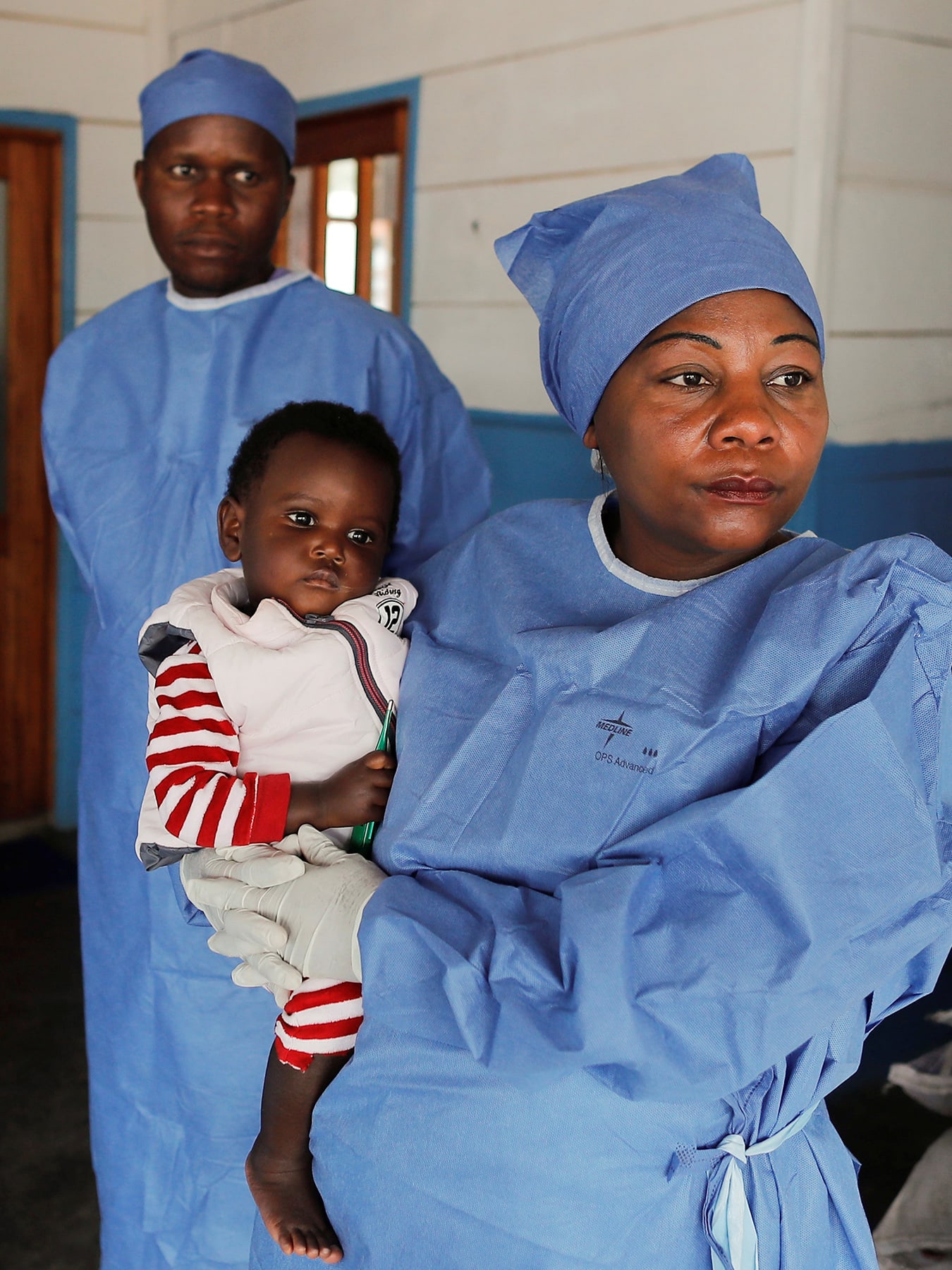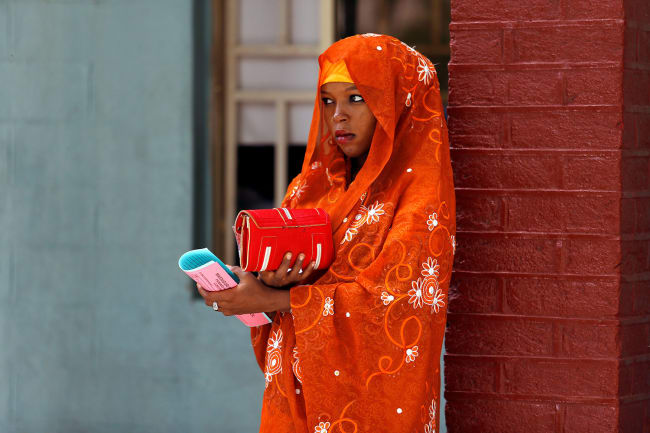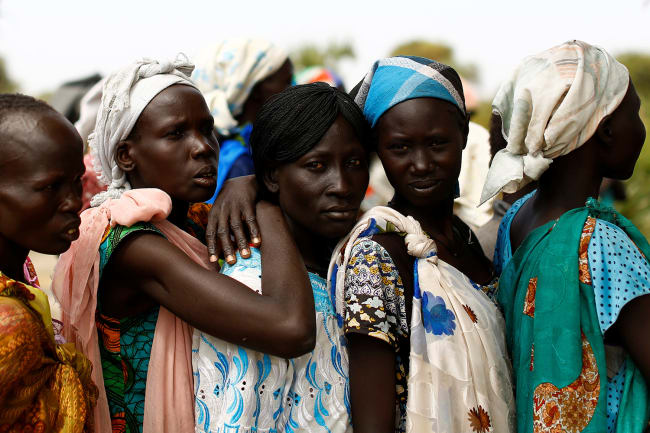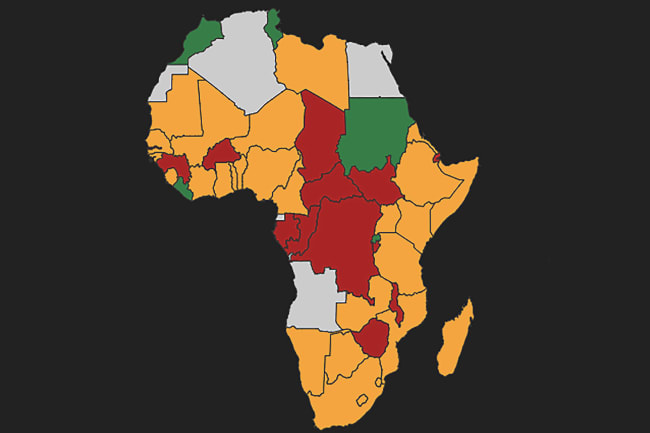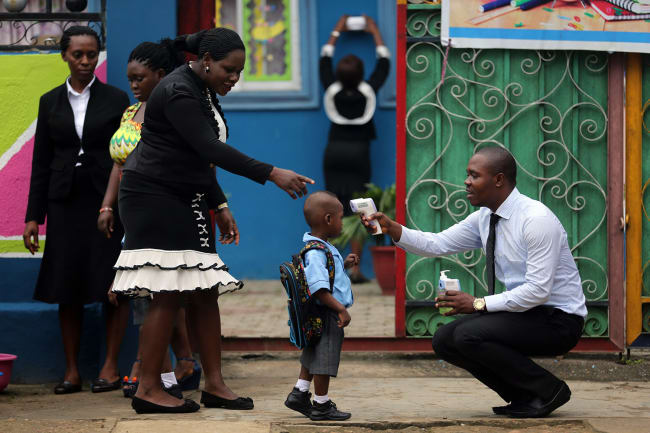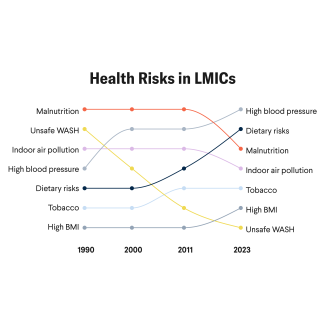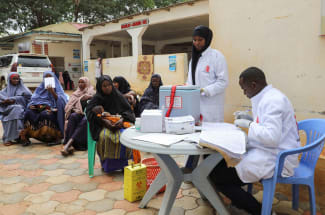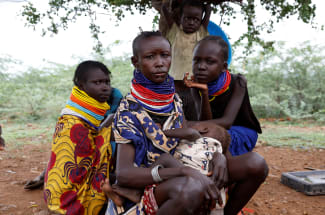Earlier this week, World Health Organization (WHO) Director-General Tedros Adhanom Ghebreyesus started a press conference on COVID-19 by pointing out two things unrelated to the new coronavirus outbreak: it was his birthday and he had just gotten the greatest gift he could have hoped for from the Democratic Republic of the Congo (DRC).
Once there have been no new cases for forty-two days, the outbreak will be officially declared over
The gift he was referring to was the announcement announcement this week by DRC and WHO officials that the last person hospitalized with Ebola in the country has now been discharged from a hospital in Beni. Her discharge follows two weeks in which no new cases of Ebola have been reported—though forty-six of those who had been in contact with her remain in quarantine. What this means is that there is an end in sight. Once there have been no new cases for forty-two days, the outbreak will be officially declared over. This threshold has already been met in certain areas, which are now classified as "non-active zones."
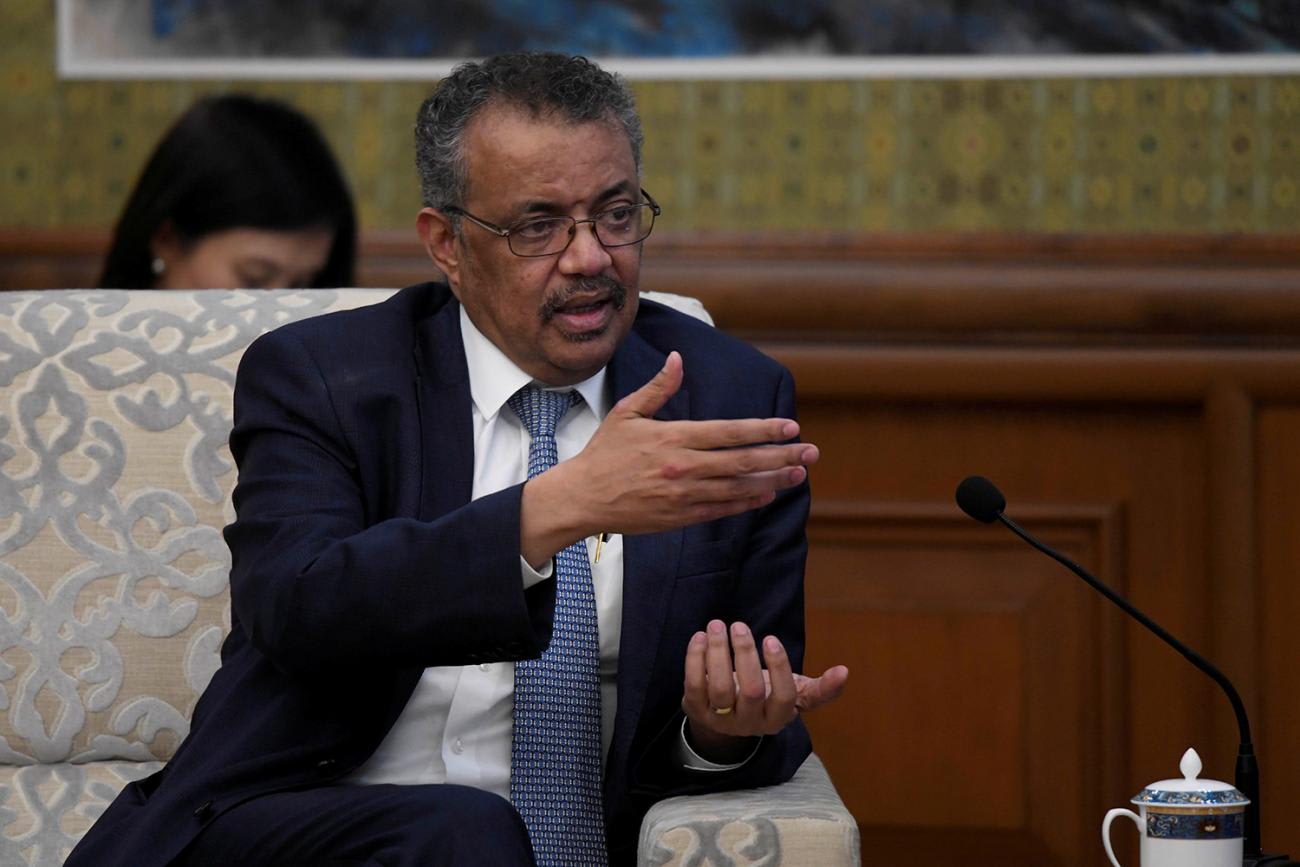
The current Ebola outbreak in the eastern DRC started in August 2018. Some 3,300 people fell ill from the virus, and about two-thirds of those people died from the viral disease, which has a notoriously high case fatality rate. There have been ten outbreaks total since the disease emerged in 1976. The Eastern Congo outbreak was the second-deadliest, with the first being the 2014–2016 Ebola outbreak in West Africa, during which 28,652 people contracted the disease and 11,325 died from it.
While there are experimental vaccines and pharmaceutical treatments, there was no "silver bullet" that ensured success
The Eastern Congo outbreak was the first time Ebola emerged in a war zone. Fighting the disease was especially difficult given the high levels of distrust among the local population of officials from the government or international organizations, and the poor security situation. Hence, the apparent end of the current Ebola outbreak is a major achievement of the international organizations, non-governmental organizations, and Congolese authorities. While there are experimental vaccines and pharmaceutical treatments, there was no "silver bullet" that ensured success. It appears to have been overcome through a long slog involving quarantining the sick, tracing the contacts of those with the disease, the rigorous application of hygiene, especially hand-washing, and the use of protective clothing.
Success against Ebola gives me hope that the eastern Congo will respond well against the new threat of the new coronavirus. DRC was one of twelve other countries identified as most at risk of coronavirus because of its close travel links with China. Officials from the UN Population Fund commented that eastern Congo may be better prepared against coronavirus because of the procedures learned from Ebola. After all, measures such as quarantine, contact-tracing, hygiene, and educating the public on precautions like social distancing and hand washing are applicable to both diseases.
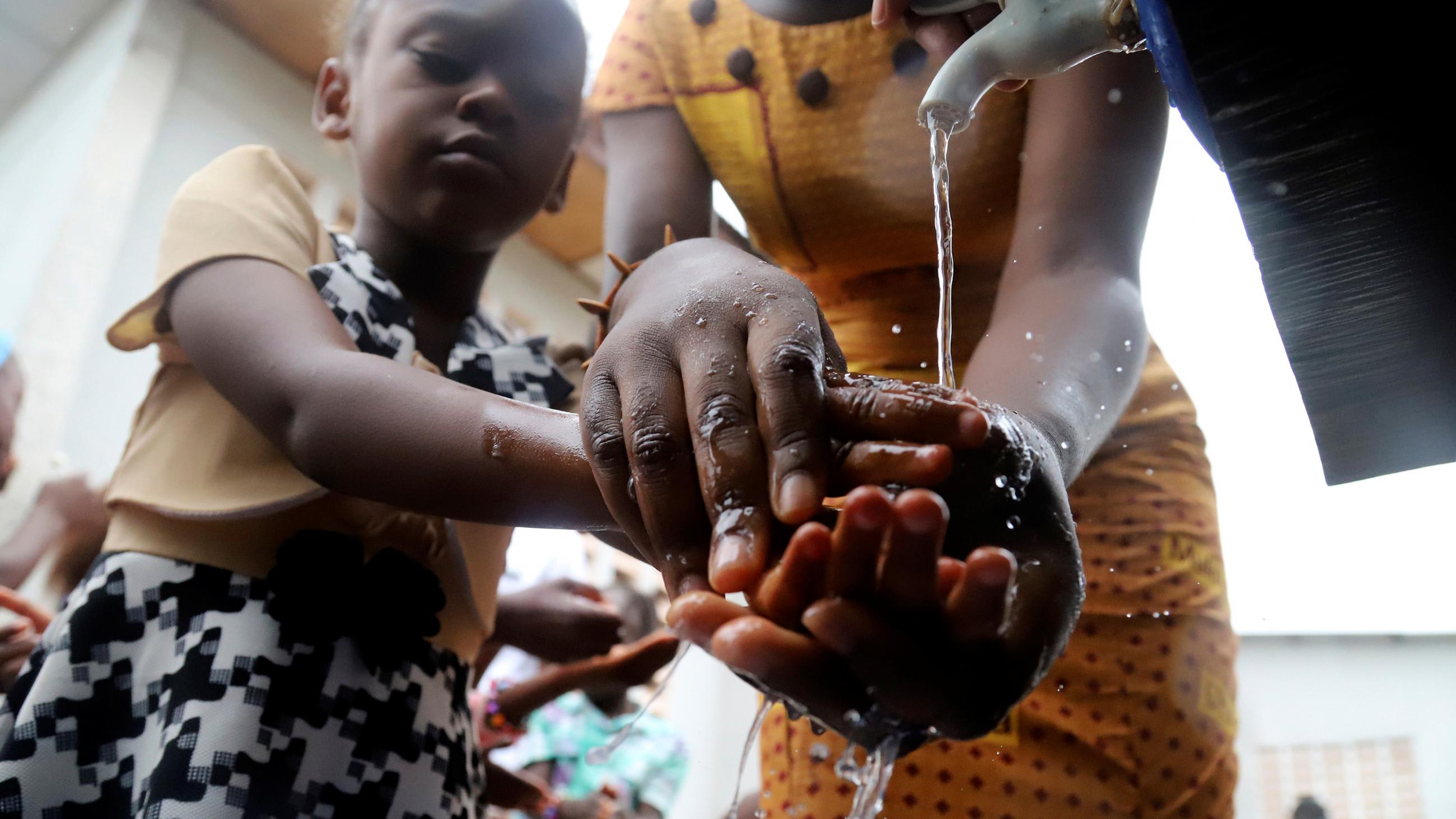
EDITOR'S NOTE: This story was adapted from an earlier post the author wrote for the Council on Foreign Relations Africa in Transition Blog.
